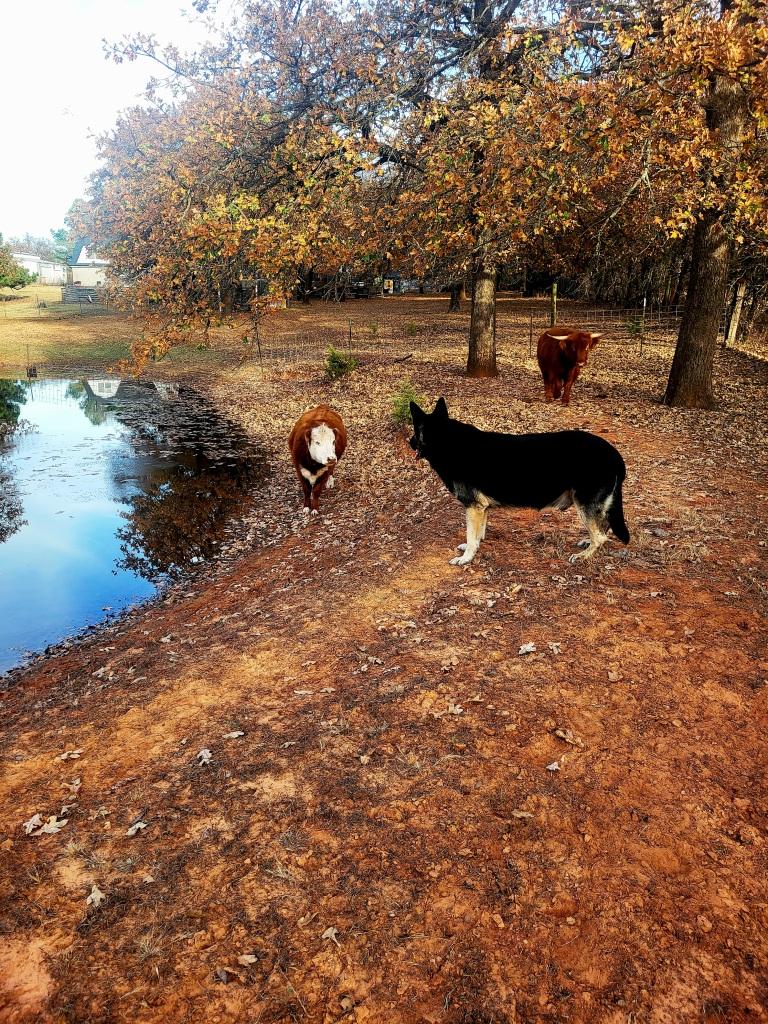what’s saving my life lately

I’m shamelessly borrowing this sweet idea from Emily Freeman. I love it as an expansion to Bliss Lists or Senses Inventories. Diving in. What’s Saving My Life Lately is everything, really. Every single reminder to live more fully in my…
